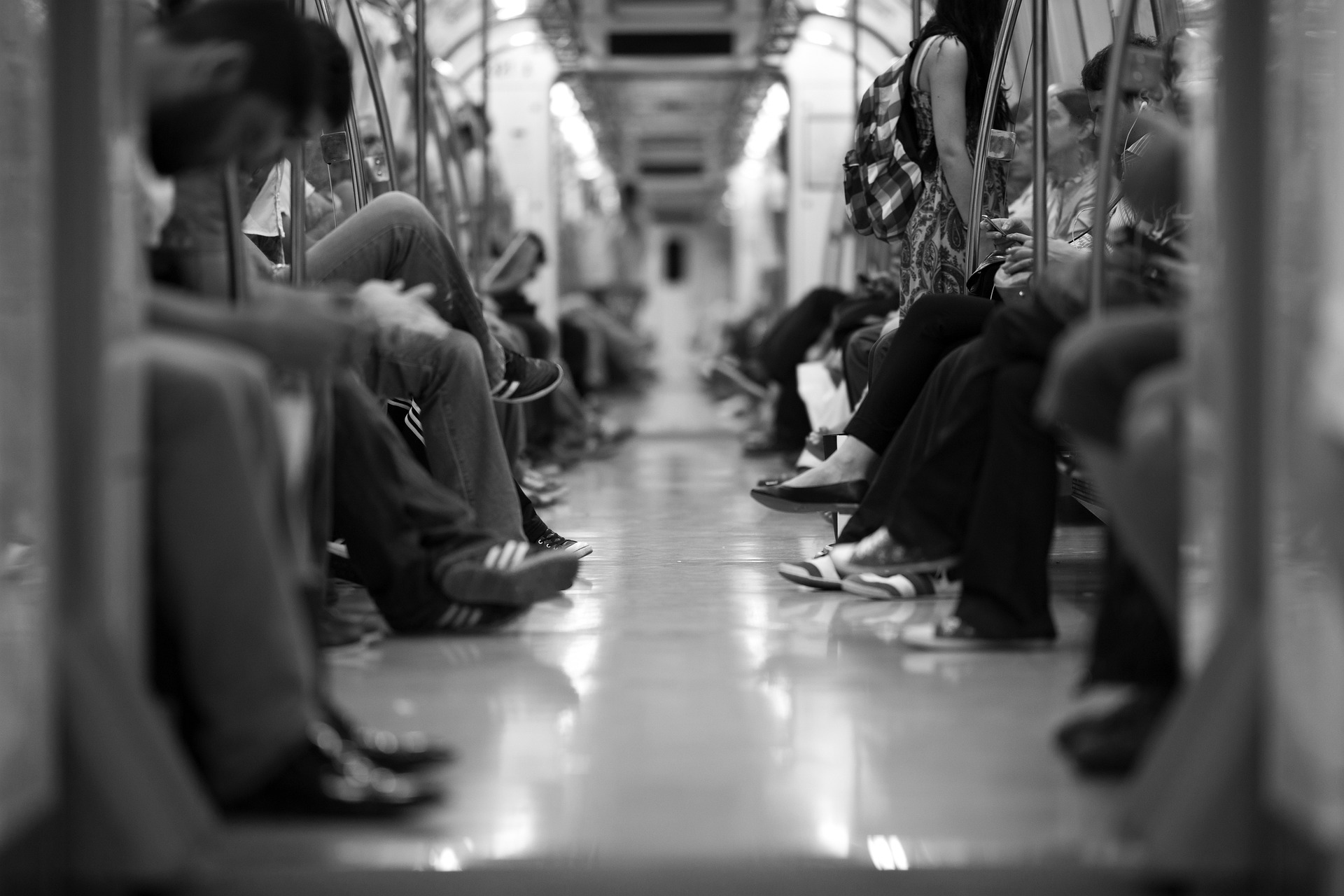Rediscovering the Role of Physical Spaces in a Digital Age
The virtues of the digital age are often lauded, and rightly so. The internet has provided an expansive platform for human interaction, enabling an unprecedented level of connectivity across geographical boundaries. But what about physical spaces? As we delve further into the digital realm, it becomes important to evaluate the role of physical spaces in shaping societal dynamics and human identity.

The Shift towards Digital Spaces
The rise of digital spaces has been a significant sociological development over the past couple of decades. It has been facilitated by technological advancements, notably the internet, which has created platforms for individuals and communities to interact, communicate, collaborate, and even mobilize on a global scale. This shift towards digital spaces has also been accelerated by recent events such as the Covid-19 pandemic, which has forced many aspects of life – from work and education to entertainment and socializing – to move online.
The Societal Impact of Digitization
The digitization of societal interactions has had far-reaching implications. It has enabled global connectivity and fostered the emergence of online communities based on shared interests, ideologies, or identities. However, it has also led to the dilution of local cultures and traditions, as global trends increasingly shape the cultural landscape. Moreover, the anonymity provided by digital spaces has sometimes bolstered negative behaviors, such as trolling and cyberbullying.
The Continued Relevance of Physical Spaces
Despite the rise of digital spaces, physical spaces continue to hold relevance in shaping societal dynamics. Physical spaces – whether they’re public parks, community centers, or cafes – serve as venues for face-to-face interactions, fostering a sense of community and shared identity. They also host cultural events and activities that reinforce local traditions and values.
The Influence of Physical Spaces on Identity Formation
Physical spaces also play a crucial role in the formation of individual and collective identities. The places we inhabit and frequent often shape our perceptions, experiences, and social relationships, which in turn influence our identity. The neighborhood we grow up in, the school we attend, the places we hang out at – these all contribute to our sense of self and belonging.
The Need for a Balanced Approach
As we navigate the digital age, there is a need for a balanced approach that acknowledges the virtues of both digital and physical spaces. While digital spaces provide a global platform for interaction, physical spaces offer a local context that grounds our experiences and identities.
In conclusion, as we continue to explore the digital frontier, it is essential not to overlook the importance of physical spaces. They are not relics of a bygone era, but vital components of our societal fabric that continue to shape our experiences, identities, and social dynamics.




